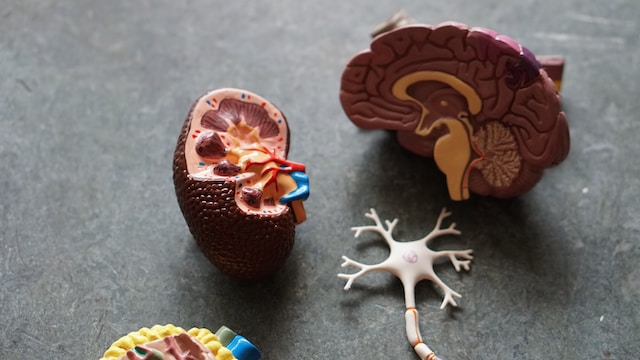What is Nephroptosis?
Nephroptosis, commonly known as “floating kidney,” is a condition where the kidneys drop into the pelvis when a person stands up. This can cause a variety of symptoms, from severe flank pain to blood in the urine, or sometimes no symptoms at all.
Diagnosis of Nephroptosis
The diagnosis of nephroptosis has been historically controversial. Today, it is confirmed through advanced medical imaging techniques such as X-rays or CT scans. These tools are essential for visualizing the kidney’s abnormal movement within the abdominal cavity.
Symptoms and Skepticism
Patients with nephroptosis may experience a range of symptoms, including abdominal pain, weight loss, kidney pain, and palpitations. The diversity of symptoms has led to some skepticism about nephroptosis as a distinct medical condition.
Treatment Options
The treatment for nephroptosis has evolved over time. While surgical procedures to secure the kidney were once common, they are now less favored due to risks and inconsistent outcomes. Surgery is now considered mainly for those with severe and ongoing symptoms.
Causes and Risk Factors
The exact causes of nephroptosis are not fully understood, but it may involve the weakening of ligaments that hold the kidney in place. Factors such as weight loss, pregnancy, childbirth, injuries, and intense exercise could weaken these supports. Being female, having a low body mass index, recurrent urinary tract infections or kidney stones, and hypertension are known risk factors.
Seeking Medical Advice
If you experience symptoms of nephroptosis, it is crucial to consult a healthcare professional. Understanding the symptoms and risk factors is important for timely medical intervention and effective management of the condition.

